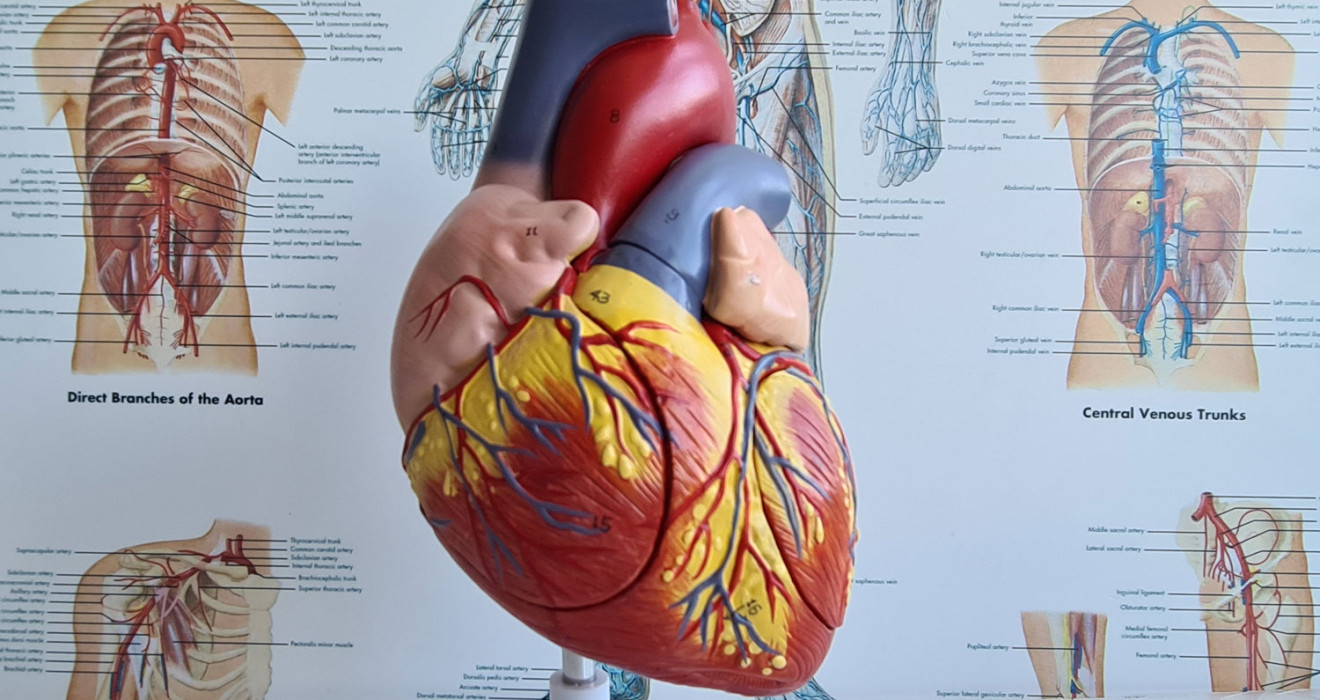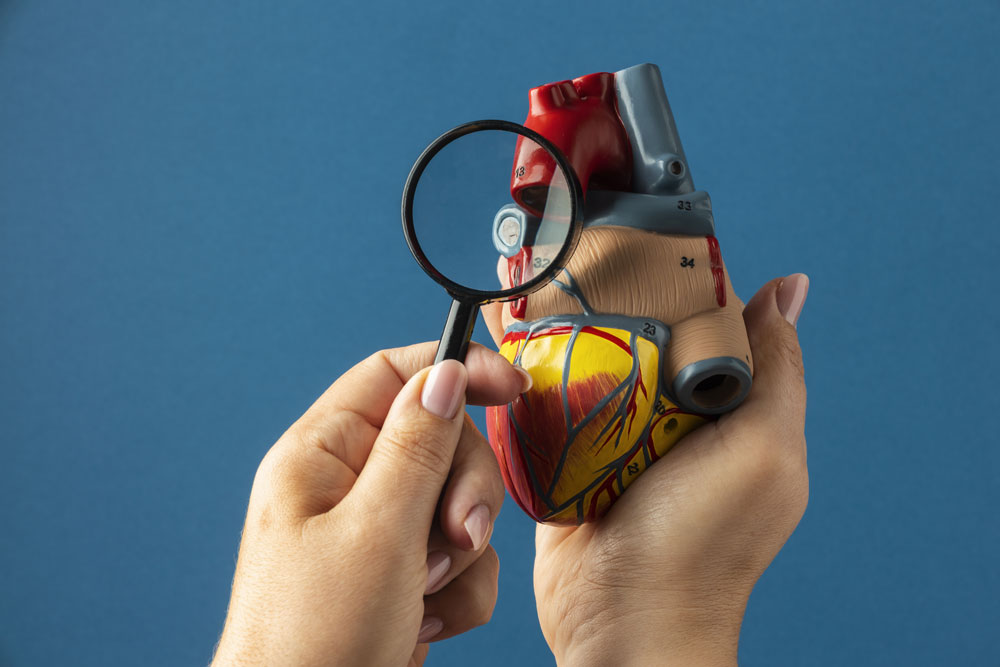
Valvular Heart Diseases
Heart valves are essential structures that send blood from the heart to the body. When the valves are damaged or deteriorated for any reason, the blood flow may be disrupted, and problems may occur in the heart. Therefore, valvular heart diseases are considered a severe health problem.
What are Valvular Heart Diseases?
Valvular heart diseases are a series of diseases that disrupt the normal function of the valves in the heart. In the normal state, the heart valves keep the blood flowing in the right direction, and the opening and closing of the valves control the flow direction of the blood. Therefore, any disorder in the heart valves can disrupt the heart's normal function and cause problems with blood flow.
What Are the Valvular Heart Diseases Types?
Diseases that occur in the heart valve are divided into various categories. These are as follows:
- Aortic stenosis
- Mitral valve stenosis
- Aortic insufficiency
- Mitral valve insufficiency
- Tricuspid regurgitation
- Tricuspid stenosis
- Pulmonary Insufficiency
- Pulmonary stenosis
What are the Valvular Heart Diseases Symptoms?
Symptoms of valvular heart disease are as follows:
- Shortness of breath
- Palpitations
- Chest Pain
- Fatigue and Weakness
- Cough
- Edema in the legs
When valvular heart diseases are diagnosed early, treatment can be easier, and progression can be prevented. Therefore, it is important to consult a cardiologist if you are experiencing any of the above symptoms.
What Causes Valvular Heart Diseases?
Heart valve diseases occur due to damage or deterioration in the valves of the heart called valves. These valves regulate blood flow in different heart parts and ensure unidirectional flow.
The causes of damage to the heart valves can include congenital disorders, aging, infections, rheumatic diseases, and other diseases.
Congenital heart valves are problems that are present in babies at birth or that occur at birth.
Aging can cause changes such as hardening of the valves, heart valve thickening, and squeezing.
Infections can cause damage to the heart valves, especially in conditions such as endocarditis caused by bacteria that cause infections in the heart valves.
Rheumatic fever is a disease that can damage the heart valves. Other diseases may include conditions such as aortic aneurysm and bicuspid aortic valve.
What are the Valvular Heart Diseases Diagnostic Methods?
Heart valve disease diagnosis can be made using various tests. These tests include physical examination, electrocardiogram (ECG), echocardiography, cardiac catheterization, and computed tomography (CT).
What is the Valvular Heart Diseases Treatment?
Heart valve treatment varies depending on the type of disease, its severity, and its symptoms. Treatment options may include medication, surgery, or valve repair or replacement.
Healthy Life Suggestions in Heart Valve Diseases
People with heart valve disease should follow the following recommendations to maintain a healthy life:
- A healthy diet
- Exercising
- Avoiding smoking and alcohol use
- Managing stress
- Regular doctor check-up
Frequently Asked Questions
-
Common complaints in heart valve patients include shortness of breath, palpitations, fatigue, chest pain, cough, and weakness.
-
Heart valve disease can sometimes be congenital. Congenital valvular disorders usually occur while the heart is developing. On the other hand, acquired valve disorders may occur due to old age, rheumatic fever, infections, and heart attacks.
-
Risky groups include those with rheumatic fever, those with a family history of heart disease, those with heart valve disease, those with congenital heart disease, those frequently exposed to infections, the elderly, and men.
-
If the heart valve is not treated, the heart may not be able to pump enough blood. This can lead to severe complications such as heart failure, heart enlargement, heart attack, and stroke.
-
A heart murmur is an audible symptom caused by defects in the heart valves. It occurs due to changing fluid flow in a valve during the heartbeat, where blood does not flow normally.


